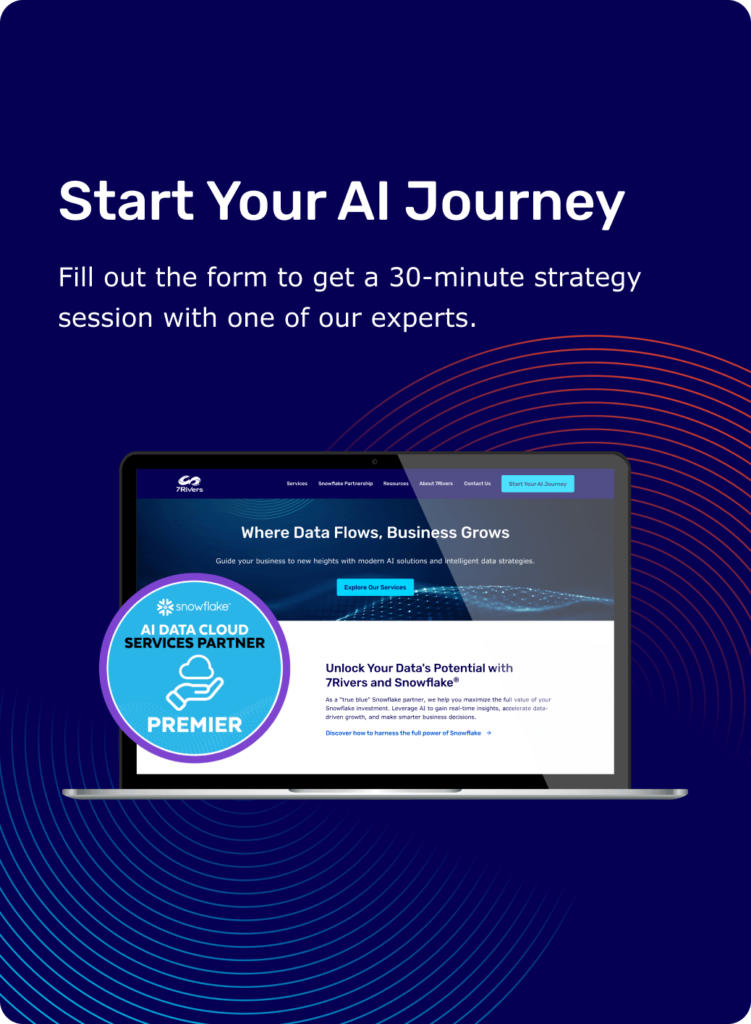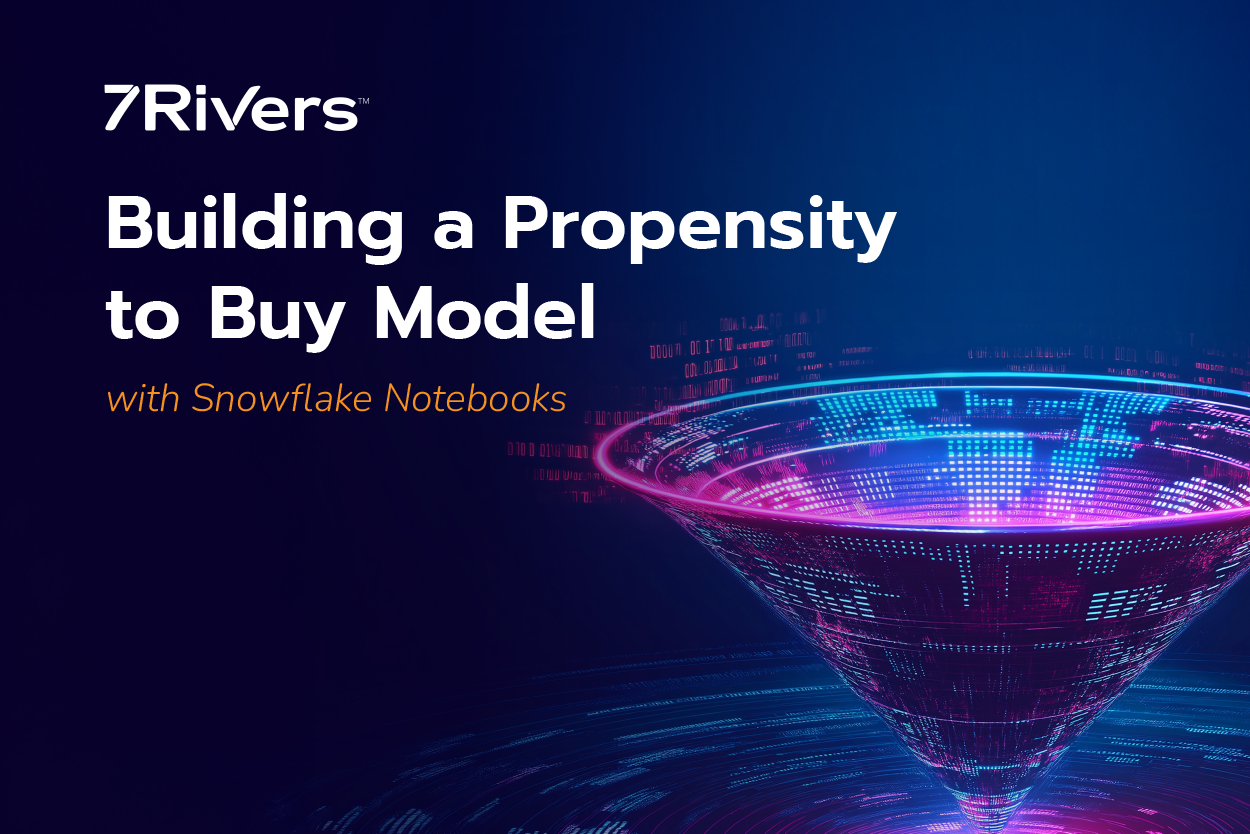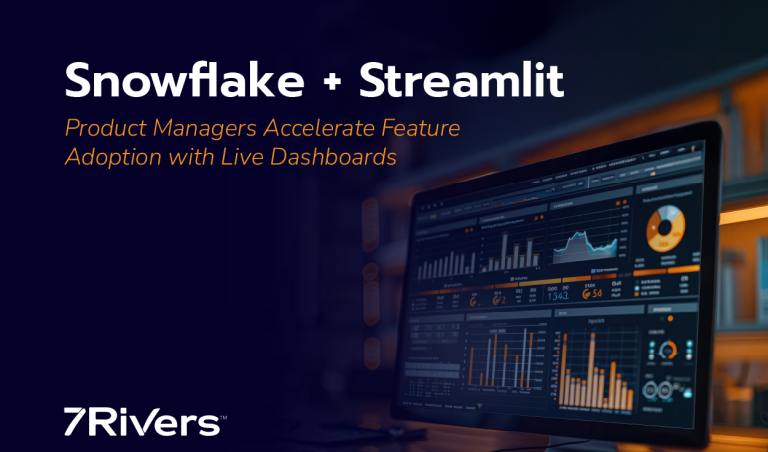Organizations constantly battle to balance agility, governance, and scalability in their data warehouses, facing the long-standing debate between Data Vault and Kimball’s dimensional modeling—but what if the real power lies in combining the two? Many struggle with rigid data architectures that fail to scale with business needs, while others suffer from slow, inefficient data delivery. Leveraging Data Vault for raw data storage and Kimball for business-friendly analytics unlocks the best of both worlds, delivering flexibility, traceability, and performance. For technical leaders, architects, and data engineers seeking to future-proof their data strategy, this hybrid approach offers a powerful competitive advantage.
Why Choose Between Data Vault and Kimball When You Can Have Both?
Both methodologies have their strengths:
- Kimball focuses on usability, speed, and optimized reporting through star and snowflake schemas.
- Data Vault prioritizes data traceability, adaptability, and historical tracking.
Historically, businesses have chosen one over the other. But modern enterprises need a scalable, governed, and analytics-ready data warehouse—something that neither method fully delivers alone. The right combination of Data Vault and Kimball brings structure, flexibility, and business value.
The Common Challenges in Data Warehousing
Before we dive into the solution, let’s address the key challenges organizations face:
- Data Silos & Rigid Architectures: Traditional Kimball models often struggle with evolving data sources and schema changes.
- Governance & Compliance Burdens: Data lineage and regulatory requirements demand stronger auditability.
- Scalability Issues: High-volume, high-velocity data needs an architecture that grows with business needs.
A hybrid approach directly addresses these pain points while capitalizing on the unique benefits of each methodology.
The Winning Formula: Data Vault for Storage, Kimball for Consumption
To build a modern data warehouse that is both agile and analytics-ready, organizations should consider:
Using Data Vault for Raw Data Storage
- Why? Data Vault’s hub-and-spoke architecture ensures flexibility and auditability, making it ideal for ingesting raw, ever-changing data.
- How? Store data in its most granular form using Hubs, Links, and Satellites, maintaining historical changes without data loss.
- Key Benefits: Scales seamlessly and supports data lineage.
Using Kimball for Business-Optimized Reporting
- Why? Kimball’s dimensional models are perfect for end-user queries and reporting because they simplify complex data relationships.
- How? Data from the Data Vault is transformed into a star schema in a Business Data Vault (BDV) or downstream data mart for performance-driven analytics.
- Key Benefits: Faster queries, easier for analysts, and optimized for BI tools.
This approach ensures a clean separation of concerns—Data Vault handles raw data ingestion and history, while Kimball delivers polished, business-friendly insights.
How This Hybrid Approach Accelerates Business Success
- Faster Time-to-Insights: Quickly adapt to business changes while maintaining data integrity.
- Improved Governance: Achieve full data lineage, compliance, and auditability with Data Vault.
- Scalability & Future-Proofing: Handle increasing data volume without major redesigns.
- Better Performance for Reporting: Dimensional models optimize analytics workloads.
By combining Data Vault’s structured ingestion and lineage capabilities with Kimball’s optimized reporting models, businesses reduce complexity, enhance agility, and deliver faster insights to decision-makers.
Next Steps: Future-Proof Your Data Warehouse
The question is no longer “Should we use Data Vault or Kimball?” Instead, it’s “How do we combine them effectively to maximize business impact?” Organizations that embrace this hybrid approach gain faster insights, improved governance, and a scalable data architecture that evolves with business needs.
At 7Rivers, we specialize in helping businesses design and implement modern data architectures that combine the best of Data Vault and Kimball. Our team of experts ensures your data warehouse is agile, compliant, and optimized for high-performance analytics. Contact us today to get started.








